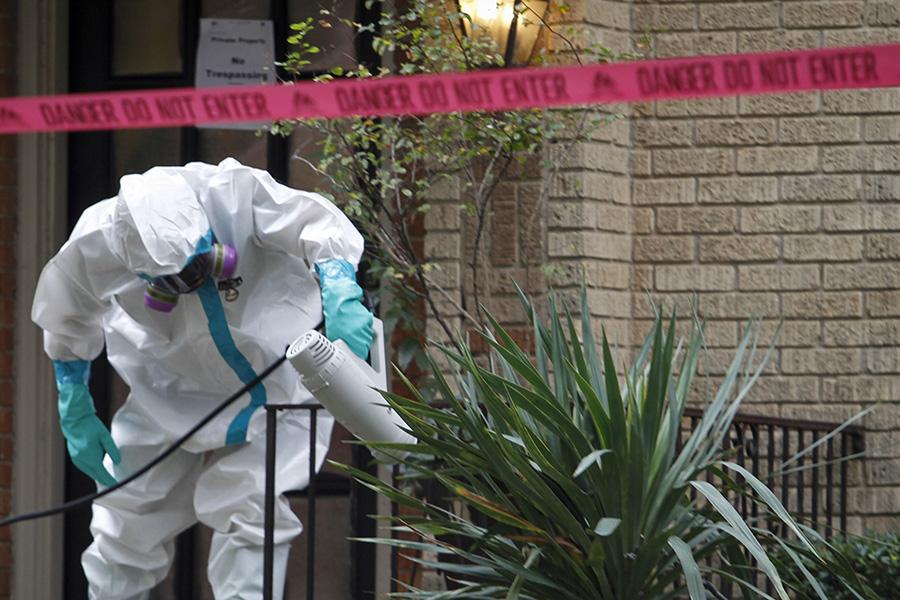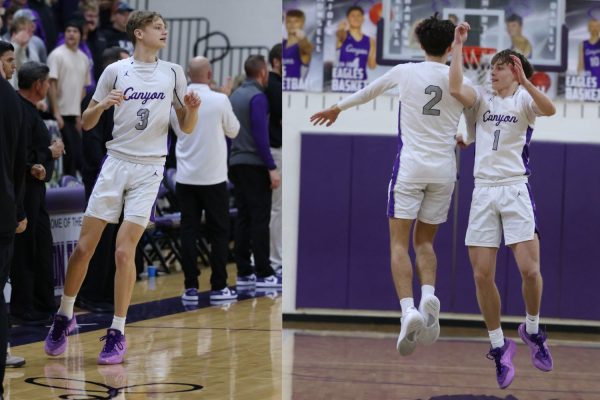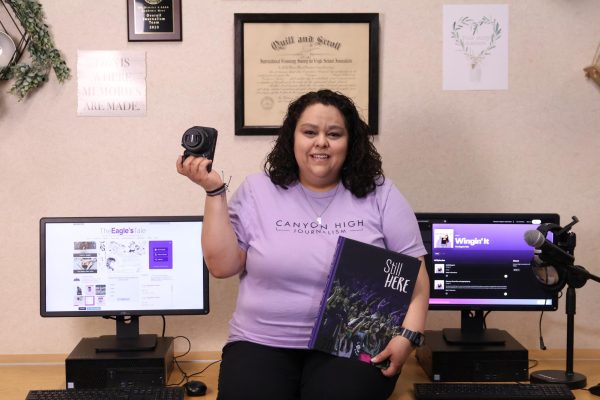Error in Dallas may have exposed others to Ebola, CDC chief says
(MCT)
DALLAS _ The misstep that allowed a Texas nurse to contract Ebola while treating a patient may have exposed others to the virus, the nation’s leading health care official said Monday as experts stepped up scrutiny of medical workers at the hospital where the breach occurred.
The second case of Ebola diagnosed in this country came after American officials had insisted for weeks there was a minuscule chance of the virus penetrating the U.S. health care system. The case raised questions on several fronts: the preparedness of medical facilities to handle Ebola patients properly; the funding available for hospitals to ready themselves for pandemics; the policy of allowing people from the hardest-hit African nations to enter the United States.
In Dallas, officials were even faced with how to handle the ill nurse’s pet dog. Texas Health Commissioner David Lakey said officials had decontaminated the patient’s apartment and were looking for a location that would allow “proper monitoring” of the dog, a 1-year-old King Charles spaniel she referred to online as Bentley.
“One and only one” person is known to have had direct contact with the nurse, Nina Pham, said Thomas Frieden, director of the U.S. Centers for Disease Control and Prevention. Neither that person nor the dog has shown symptoms of illness.
But Frieden said a “large number” of medical workers who worked with Pham while she was treating a Liberian man for Ebola might have been exposed to the deadly virus if they were affected by the same protocol breach that led to her illness. Pham became sick after treating Thomas Eric Duncan, who was hospitalized at Texas Health Presbyterian Hospital in Dallas on Sept. 28. He died Wednesday.
“We need to consider the possibility there could be additional cases, particularly among the health care workers who cared for the … patient when he was so ill,” Frieden said. “We’re concerned and unfortunately would not be surprised if we did see additional cases among health care workers.
“The thinking here is straightforward,” Frieden said. “If this one individual was infected … it is possible other individuals could have been infected as well.”
As Frieden spoke, CDC experts at Texas Health Presbyterian were watching hospital staff as they entered and left Pham’s isolation room, and as they donned and removed the protective gloves, masks, hoods and cloaks required to treat Ebola patients.
Their goal was to learn what went wrong at the hospital, which is also facing questions about its treatment of Duncan on his first visit to the emergency room on Sept. 25. Duncan, who arrived in the U.S. on Sept. 20, complained days later of abdominal pain and a fever. Both are Ebola symptoms.
The hospital has said a nurse followed CDC protocol in asking whether Duncan had been in Africa recently. Duncan said he had, but was sent away with a prescription for antibiotics. Three days later, he returned in an ambulance and tested positive for Ebola.
A total of 48 people who had contact with Duncan remain in quarantine and must be monitored for fever or other symptoms until Oct. 19, the end of the 21-day Ebola incubation period. None has become ill.
Frieden said officials didn’t know how many more people would need isolating as a result of Pham’s illness. He described Pham as “clinically stable.”
Friends of the family said Pham, 26, graduated from Nolan Catholic High School in Fort Worth in 2006. Four years later, she graduated from Texas Christian University with a nursing degree, a university spokeswoman confirmed.
A family friend, Tom Ha, described her as a “very devoted Catholic” for whom other people “always come first.”
Her priest, the Rev. Jim Ngo Hoang Khoi of Our Lady of Fatima Church in Fort Worth, said she had received a blood transfusion from an Ebola survivor, according to her mother, Ngoc Pham. A survivor’s blood contains antibodies to the virus. The World Health Organization has endorsed such transfusions, although their usefulness as a treatment is unproven.
Dr. Kent Brantley has donated blood to two other Ebola patients. One has recovered and been released from the hospital; the other appears to be improving.
Samaritan’s Purse, the aid group that Brantley worked for in Liberia when he contracted Ebola this year, confirmed he had donated blood plasma to Pham, but could not confirm whether she had received it. He also offered to donate to Duncan, Samaritan’s Purse said, but their blood types did not match.
Pham is “very lucky” to be a match, her priest said.
Ngo said Pham’s mother is staying at a hotel near the hospital and has been communicating with her daughter via Skype and cellphone.
He characterized the nurse as “very calm and hopeful.”
The hospital said Sunday that one “close contact” of Pham has been “proactively placed in isolation.” Ngo described that person as a friend of Pham, a male who was not Vietnamese and who did not attend their church.
Before Pham became ill, Ngo said, her mother had urged her to quit because of the danger. She refused.
“Her mom told her to be careful, but she told her it’s fine, she had a lot of things protective; she felt safe,” he said.
Parishioners think about Pham often, Ngo said. “We keep her in our prayers every day.”






